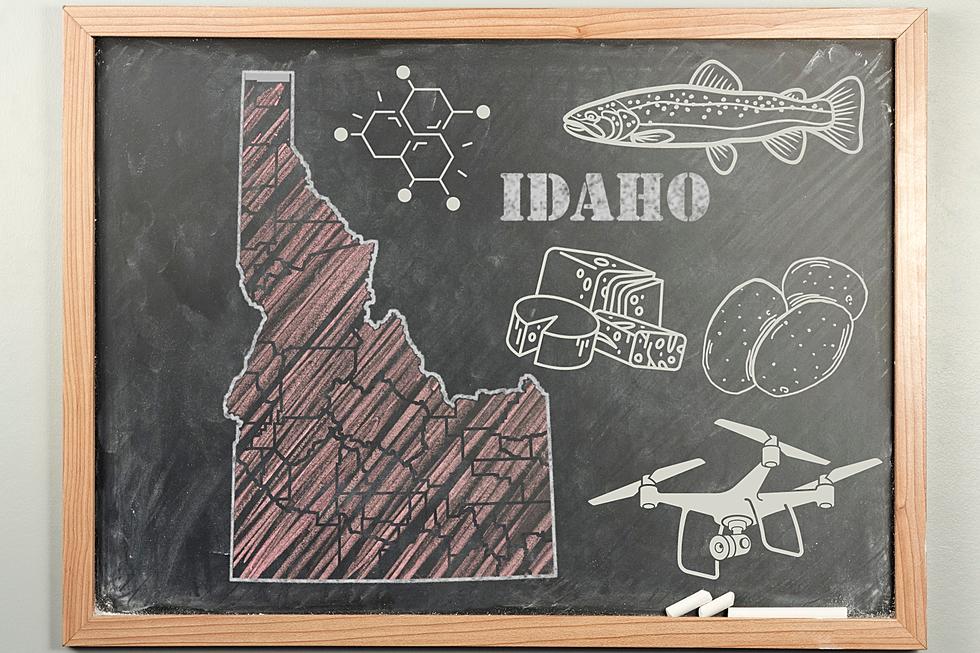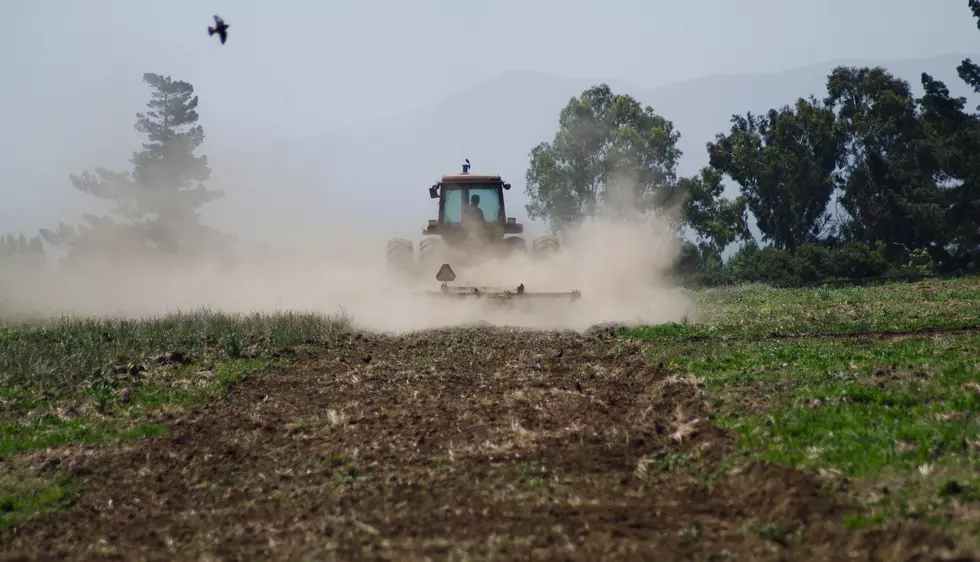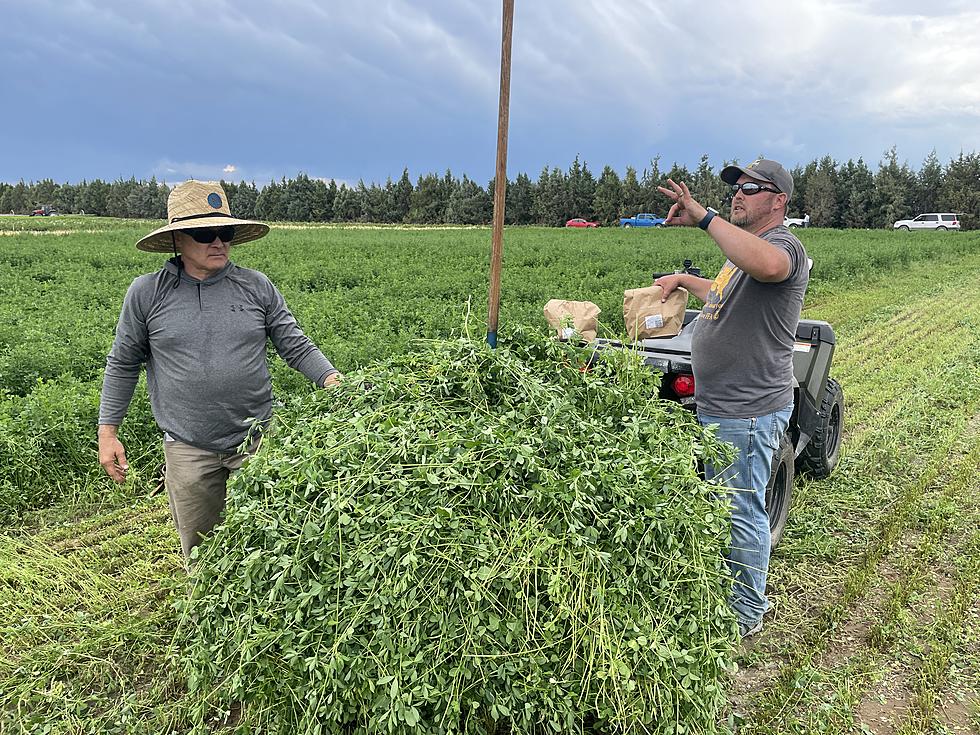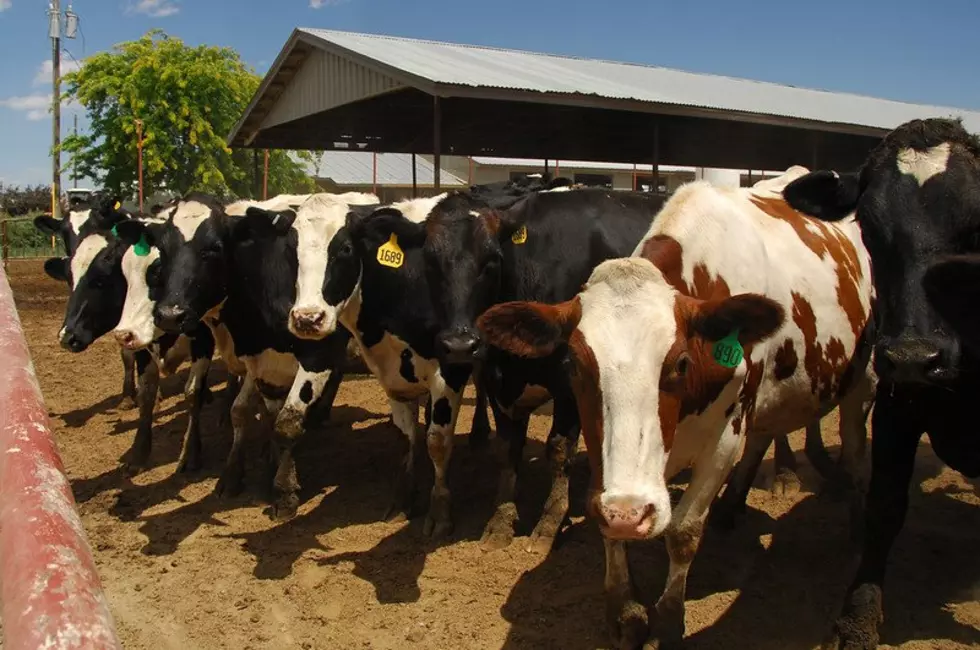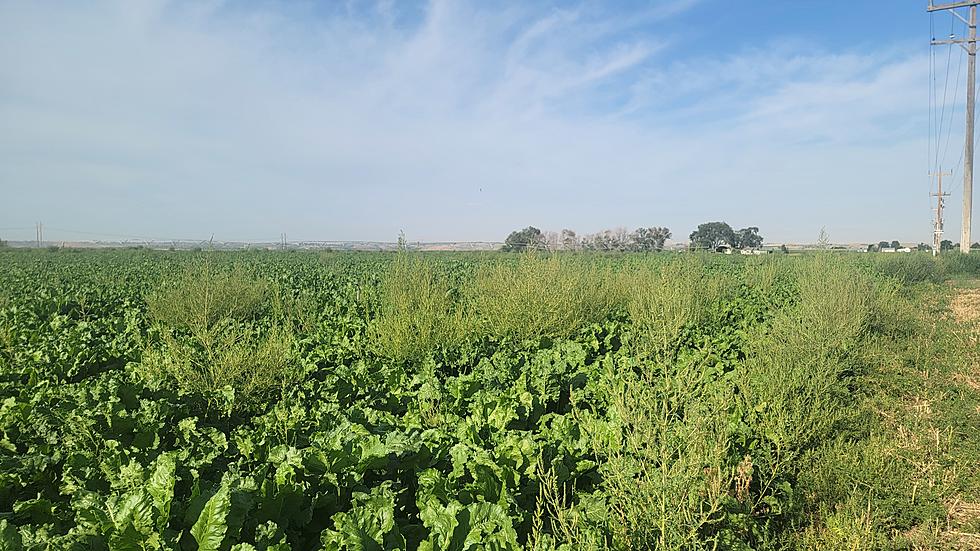
Glyphosate Resistant Kochia in Idaho
MOSCOW, ID — A University of Idaho-led farm field survey conducted last fall confirmed a troublesome annual weed, kochia, has developed resistance to glyphosate herbicide in eight of nine southern Idaho counties in which samples were taken.
Of the counties included, only Power County had no resistant kochia samples. Furthermore, laboratory testing confirmed certain kochia plants pulled from fields in Bingham, Cassia, Minidoka, Owyhee and Elmore counties possessed surprisingly strong resistance to glyphosate, which is the active ingredient in Roundup herbicide.
Amalgamated Sugar Co. contributed $5,000 toward testing of the weeds at a Montana laboratory and has agreed to contribute another $20,000 for a broader survey of fields this fall.
While the initial survey focused only on glyphosate resistance in kochia, the expanded survey will also test resistance to dicamba and glufosinate herbicides, including common lambsquarters, pigweed and a couple of annual grasses as additional weeds for screening. The expanded survey will provide timely data, as Idaho farmers will soon have access to a new sugar beet variety engineered with stacked traits to resist applications of all three herbicides.
Albert Adjesiwor, a UI Extension weed scientist based at the Kimberly Research and Extension Center, and Clarke Alder, a research agronomist and weed scientist with Amalgamated Sugar, published findings of last fall’s survey in the 2023 research edition of the company’s magazine, “The Sugarbeet.”
Courtesy: John O'Connell/UI Extension
“Kochia is a tumbleweed. That’s the difficulty – I can do everything right, and if my neighbor doesn’t do everything right, I can still get resistance, and it’s not my fault,” Adjesiwor said.
Don Morishita, an emeritus professor of weed science at U of I, confirmed Idaho’s first known glyphosate-resistant kochia plant from Canyon County in 2014. In the ensuing years, growers throughout southern Idaho have reported increasing difficulty in controlling certain weeds, including kochia.
Out of 40 kochia samples Adjesiwor sent in for laboratory testing, 18 of them – or 45% -- were glyphosate resistant. Fields had already been sprayed with two or more glyphosate applications when the kochia plants were collected from southern Idaho sugar beet fields. Weeds that weren’t found to be resistant but were present even after repeated glyphosate applications were likely present due to application error or may have simply emerged following applications.
Adjesiwor was surprised by the high level of resistance in some of the plants. Scientists measure glyphosate resistance by counting the number of copies of a specific gene associated with a plant’s defense against glyphosate. Plants with one copy or fewer of the EPSPS gene are sensitive to glyphosate. Those with multiple copies are resistant, with the level of resistance increasing with each additional copy.
One plant in Minidoka County had 24 copies of the resistance gene; another kochia plant in Canyon County had 17 copies.
“After a certain number of copies, no labeled rate or practical amount of Roundup would kill that,” Adjesiwor said. “I had a grower who sent a kochia sample here and they sprayed 72 ounces of Roundup and the weeds were still standing like nothing had happened.”
Crop rotation is a farmer’s primary tool for controlling resistant weeds. By rotating sugar beets with small grains, for example, farmers can incorporate other herbicides that remain effective against kochia. Furthermore, small grains are harvested before kochia seeds mature.
Kochia may still produce seeds following grain harvest, however, and growers planning to follow with sugar beets should be proactive in targeting the weed.
“Immediately after grain harvest, either do tillage right away or spray something to prevent kochia from going to seed,” Adjesiwor said.
Source: University of Idaho Extension
5 Annoying Washington State Weed Types That’ll Destroy Your Yard
More From PNW Ag Network

